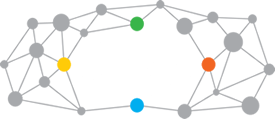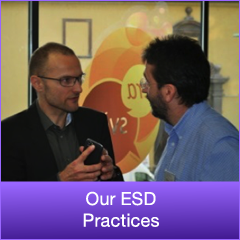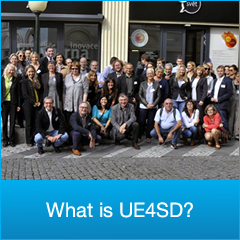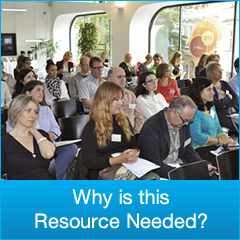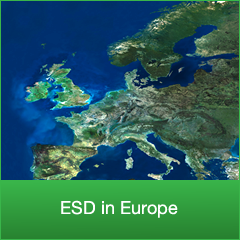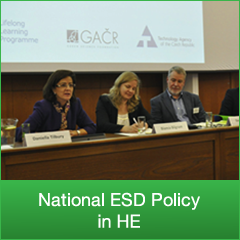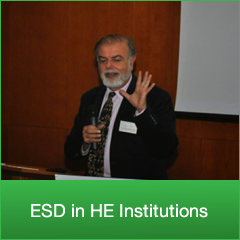Why is this Resource Needed?
Sustainable development is perhaps the greatest challenge societies are facing in the 21st century, as we become more aware that our existing practices and patterns of life are often ‘unsustainable’ and are:
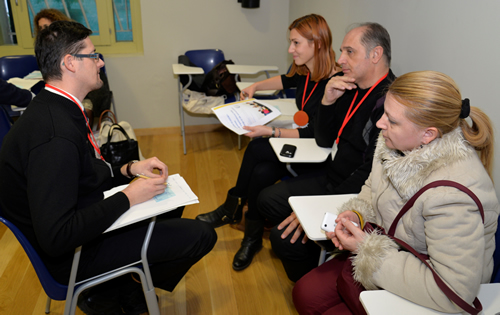
- increasing social, economic and environmental inequalities
- worsening the impact of environmental degradation
- limiting quality of life in communities across the globe
Education systems are critical in supporting efforts to address sustainable development goals. They are ideally placed to equip people with the knowledge, skills and attitudes needed, to re-orient social structures and systems, in order to improve future prospects for both people and planet.
MIND THE GAPS: PROFESSIONAL COMPETENCES FOR ESD
“If we teach today’s students as we taught yesterday’s, we rob them of tomorrow."
(John Dewey, Democracy and Education, 1916)
Despite interest in ESD, its approaches to learning are not in common practice in the HE curriculum. There are large ‘translation gaps’ in applying ESD ideas in different subjects and courses, so that the learning process can contribute to more sustainable futures.
Universities currently lack the capacity for integrating ESD into mainstream teaching practices and into the training they provide for academic staff. This is the gap UE4SD seeks to fill.
UE4SD aims to empower more university educators to understand, interpret and use new ESD approaches, by focusing on effective ways to develop professional competence in this area.
This recognition of the role of education in sustainable development is the imperative behind ESD, which aims to rethink the kind of education we provide, to support the efforts of societies to respond more effectively to sustainable development concerns.
The UN Decade in Education for Sustainable Development (DESD) 2005-2014 has given additional voice and presence to this area of learning, bringing significant developments across all continents, supported by governments, agencies and education providers. Its activities brought a step change in global engagement with ESD, which is now moving forward under the UNESCO Global Action Programme (GAP) on ESD. See more on ESD developments in HE in Policy including the UNECE Strategy for ESD in Europe.
ESD has since grown in visibility and status worldwide, with a clear increase of activity in Higher Education. This sector is viewed as a significant force for change through the education of future generations of professionals, decision makers and leaders, in all walks of life. Its potential to challenge dominant paradigms and established ways of thinking, as well as to produce groundbreaking research and support social innovation, is unique. In Publications you can find a range of tools, weblinks and reports to learn more about ESD.
